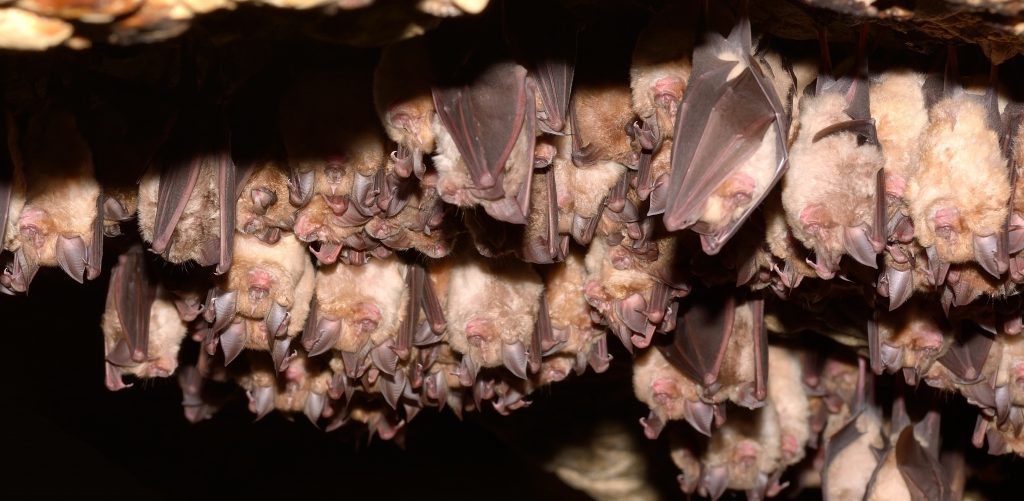In recent years CIEEM has worked in partnership with Natural England (NE) and the Bat Conservation Trust (BCT) on the development of a new transformative approach to licensing mitigation work in England that impacts on bats. This approach is known as Earned Recognition and aims to (1) streamline licensing, (2) raise and maintain professional standards in bat mitigation work and (3) improve outcomes for bats.
Earned Recognition (ER)
ER works on the basis of assessing and accrediting a consultant’s competence in undertaking survey work, and designing and implementing effective mitigation. Using an accredited consultant, developers can experience a more streamlined licensing process for their scheme or project.
There are different competency requirements based on the level of accreditation applied for, which relates to the degree of risk to bats from the projects that the accredited consultant will be able to work on. Quite simply, consultants who work on projects that involve higher risks to bats will require a higher level of accreditation that involves demonstrating a higher level of competence.

Update July 2024
The successful partnership project to develop and trial an Earned Recognition (ER) approach to bat mitigation licensing is coming to an end, with the resulting Bat ER scheme now being rolled out as Business As Usual. Over the whole trial of Bat ER to date, Natural England have accredited over 100 ER Consultants, who have submitted nearly 1000 Bat ER site registrations.
Evaluation of the trial phases has found good time-savings are being achieved through the site registration process, with the potential for these to become more significant with ongoing process improvement. The introduction of a detailed assessment of competence for accreditation is a novel approach to licensing and bat work. While this has provided challenges, it also provides real opportunity to raise professional standards, and to improve outcomes for bats. Natural England will continue both with ongoing improvements, and with evaluation of the benefits from the Bat ER approach.
The Beta phase accreditation round has taken far longer than anticipated, and we acknowledge the frustration that this has caused. We appreciate the patience of those people who have been Beta candidates, and understand that many have not been able to complete the process.
Given these experiences, Natural England are keen to ensure that issues are addressed before offering further assessment. We are still planning to begin the next assessment round later this year, but are firstly putting in place a number of improvements identified through a review of the lessons learned from Beta. These include:
- Replacement of the portfolio element of the assessment with a simpler review of core survey and mitigation evidence, resulting in a substantial reduction in the competency indicators checked through this route.
- The majority of the assessment taking place through multiple-choice questions or online scenario tests.
- Removing the interview as a standard stage of assessment.
- Providing clearer guidance on the evidence requirements.
- More realistic timeframes for assessment rounds.
- Continuing Professional Development (CPD) requirements checked at reaccreditation, not at initial accreditation.
- Regular updates to candidates going through the process.
The next accreditation round will be delivered by the NE Wildlife Licensing Service, with the site registration process having already fully transferred to this team. Contact details for Bat ER will continue to be via the mailbox EarnedRecognition.bat@naturalengland.org.uk. Information and updates on Bat ER are now available at: Bats: earned recognition class licence for mitigation work on bat roosts – GOV.UK (www.gov.uk) .
